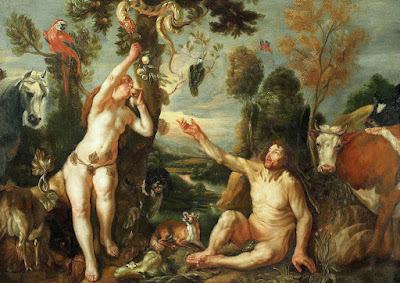By the term form-of-life, on the other hand, I mean a life that can never be separated from its form, a life in which it is never possible to isolate something such as naked life. A life that cannot be separated from its form is a life for which what is at stake in its way of living is living itself. What does this formulation mean? It defines a life — human life — in which the single ways, acts, and processes of living are never simply facts but always and above all possibilities of life, always and above all power.1 Each behavior and each form of human living is never prescribed by a specific biological vocation, nor is it assigned by whatever necessity; instead, no matter how customary, repeated, and socially compulsory, it always retains the character of a possibility; that is, it always puts at stake living itself. That is why human beings — as beings of power who can do or not do, succeed or fail, lose themselves or find themselves — are the only beings for whom happiness is always at stake in their living, the only beings whose life is irremediably and painfully assigned to happiness. But this immediately constitutes the form-of-life as political life. "Civitatem... communitatem esse institutam propter vivere et bene vivere hominum in ea" [The state is a community instituted for the sake of the living and the well living of men in it].
- Giorgio Agamben, 1993
